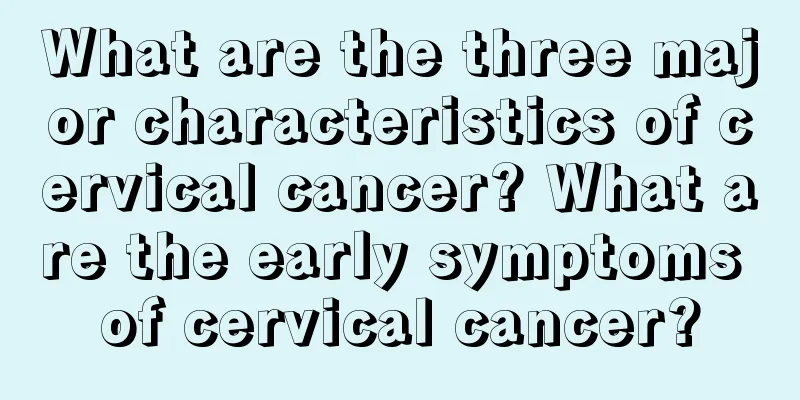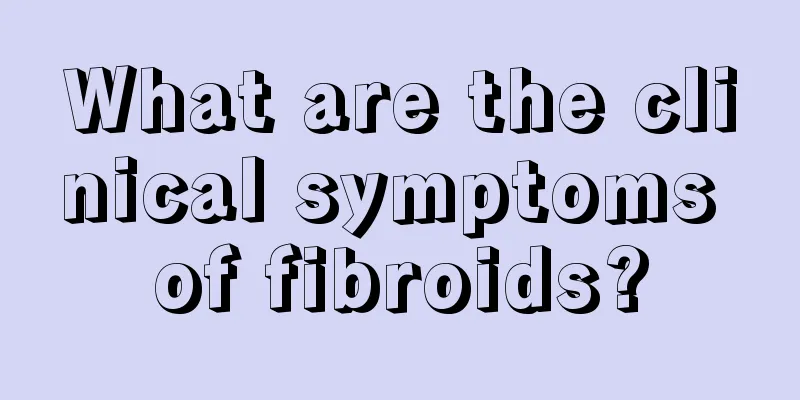Is liver cancer contagious? Here are some principles for curing liver cancer

|
Is liver cancer contagious? We all know that liver disease is contagious, so is liver cancer also contagious? In addition, what should you know about the treatment of liver cancer? If you have these two questions, let's take a look at the following introduction. Is liver cancer contagious? Everyone knows that hepatitis B is contagious because the hepatitis B virus is a source of infection, while liver cancer is a liver tumor disease, which is not a source of infection. In other words, liver cancer is not contagious from the source. Liver cancer is caused by the mutation of the body's cells. It is not an infectious disease and does not excrete bacteria. However, some liver cancer patients have transformed from Hepatitis B virus (HBV) positive, so when you come into contact with them, you must be careful to prevent infection with the hepatitis B virus. Therefore, patients with liver cancer do not need to worry about infecting their family and friends, and those who have family or friends with liver cancer do not need to worry about being infected. Liver cancer is a malignant tumor, and the patients themselves suffer great pain, so family and friends should give them more care. In the meantime, what should you know about the treatment of liver cancer? Treatment principles for liver cancer If you have been diagnosed with liver cirrhosis, you must have an ultrasound examination every six months, or check the alpha-fetoprotein level in your blood, to see if it has turned into liver cancer. Japan is also a country with a high incidence of liver cancer, but its early liver cancer detection rate is much higher than that of my country. One of the reasons is that Japanese patients with liver cirrhosis go to the hospital for a serum alpha-fetoprotein test and B-ultrasound every 6 to 12 months on average, so that they can be detected and treated early. There is no specific treatment for liver cancer so far. The rational and planned application of multiple methods can significantly improve the efficacy. Facts have proved that retreatment is the key to improving the efficacy. Re-treatment of liver cancer recurrence and metastasis, such as interventional treatment via the hepatic artery, multiple treatments with injection of anhydrous alcohol, microwave solidification, focused ultrasound treatment, etc., can further improve the efficacy. There are relatively few methods that patients can use in the late stages of the disease. If their physical condition allows, they can undergo chemotherapy. The effect of chemotherapy is relatively small. It can help kill some cancer cells and alleviate the symptoms of the disease. However, considering that the side effects of chemotherapy are also very large, it cannot be used for long-term treatment. After chemotherapy, patients can also consider combined treatment with other methods. This combined treatment can achieve the best treatment effect, so patients can proceed with it with confidence. Biological therapy is often carried out together with chemotherapy in clinical practice. Commonly used ones include immune RNA, interferon, etc., which all have certain effects, and the harm of this method is relatively small. Timely examination and reasonable treatment are crucial for liver cancer. |
Recommend
How to roast chestnuts
The sugar-roasted chestnuts you buy will have a c...
What are some good uses for rotten fruit
Fruit is a very popular food, not only because it...
What can be seen during anterior rhinoscopy
Anterior rhinoscopy is also a method often used i...
What diseases can herpes simplex virus type 1 cause
Herpes virus type 1 is a very common virus in our...
Where is the cornea in the eye
The cornea is a very important part of the eye. I...
Will prostate cancer metastasize to bone cancer?
Prostate cancer is a relatively common cancer amo...
Intestinal tumors may cause abdominal pain in the early stages
Abdominal pain may be caused by many reasons, so ...
Brief discussion on the research overview of hamartoma
Hamartoma is an unfamiliar disease to us. In clin...
What should I pay attention to when reducing inflammation of wounds on my face
The face is very important to everyone. If there ...
What can I eat on the fourth day of appendicitis
Clinically, the problem of appendicitis is quite ...
Does sashimi contain parasites
There are many ways to eat fish, such as steaming...
Eye protection exercises
Eyes are the windows to a person's soul, but ...
Five major symptoms of early colorectal cancer
The main symptoms of early colorectal cancer incl...
The flesh between the two teeth is swollen
Some people often feel that the flesh on both sid...
Does sheep embryo extract have anti-aging effect?
Sheep embryo essence is a high-quality nutritiona...









